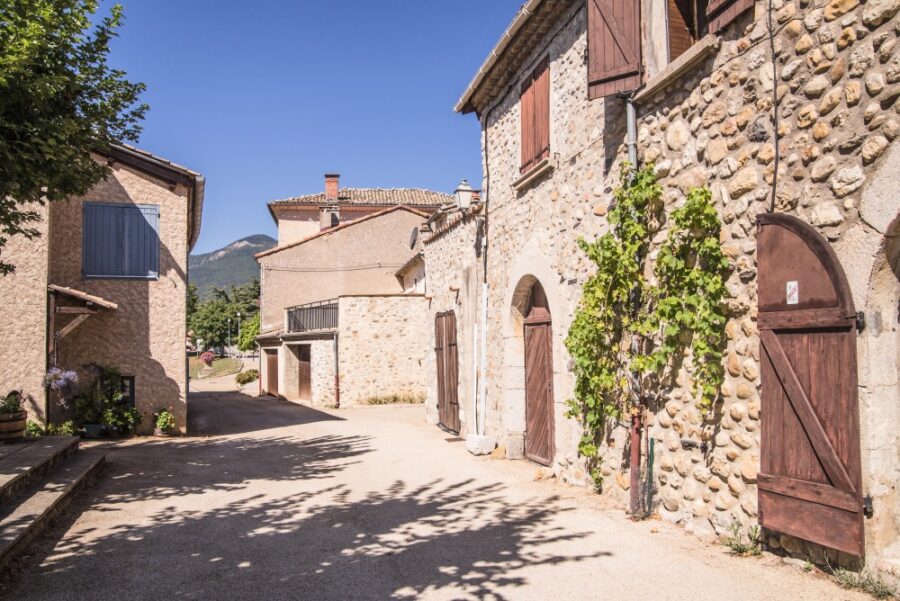
Notes for foreigners who want to buy a house in Italy
Can foreigners buy property in Tuscany?
Yes, foreign citizens can purchase houses in Italy, but there are some conditions to meet: Foreigners regularly residing in Italy with a valid residence permit or residence card can buy property, along with their family members.
Here are some important notes for foreigners considering buying a house in Italy:
1. Legal Requirements
- Eligibility: Foreigners can buy property in Italy, but it’s advisable to check local regulations.
- Codice Fiscale: Obtain a tax code (Codice Fiscale), essential for any property transaction.
2. Types of Properties
- New vs. Existing: Understand the differences in purchasing new constructions versus existing homes.
- Leasehold vs. Freehold: Know the implications of each type of ownership.
3. Costs Involved
- Purchase Price: Beyond the price, consider additional costs such as notary fees, taxes, and agency fees.
- Taxes: Be aware of property taxes (IMU) and registration taxes.
4. Financing
- Mortgages: Check if you qualify for a mortgage as a foreigner. Italian banks may have specific requirements.
- Currency Exchange: Consider the impact of currency fluctuations if you’re buying from abroad.
5. Due Diligence
- Property Inspection: Always conduct a thorough inspection to uncover any potential issues.
- Documentation: Ensure all property documents are in order, including land registry and planning permissions.
6. Hiring Professionals
- Real Estate Agent: Engage a reputable agent familiar with the local market.
- Notary: A notary (notaio) is essential for finalizing the sale and ensuring all legalities are met.
7. Negotiation and Offers
- Making an Offer: Understand the process of making an offer and the potential for negotiation.
- Preliminary Contract: Be prepared to sign a preliminary contract (compromesso) once an offer is accepted.
8. Cultural Considerations
- Local Practices: Familiarize yourself with Italian customs and practices related to property buying.
- Community: Consider the local community and amenities that might impact your living experience.
9. Post-Purchase Considerations
- Property Management: If you’re not residing in Italy full-time, think about property management options.
- Rental Opportunities: Explore short-term rental options if you plan to rent out the property.
10. Long-Term Commitment
- Residency: Owning property does not automatically grant residency; be aware of visa requirements if you plan to move permanently.
11. Which documents are required to sell or buy property in Italy?
When selling/buying a property in Italy, there are six key documents that are requested by the notary:
- Visura catastale (cadastral document)
- Atto di provenienza (ownership title)
- Floor plan
- Building permits if the house was built after September 1967
- Attestato di prestazione energetica (energy certificate)
- Documents that identify both seller and buyer, such as passports and tax codes (your estate agent will provide you with a tax code for free).
By following these guidelines, foreign buyers can navigate the Italian real estate market more effectively and secure their dream property.
If you need assistance or want to find a property that is valuable and in a great location, please contact us: ItalicaHomes
